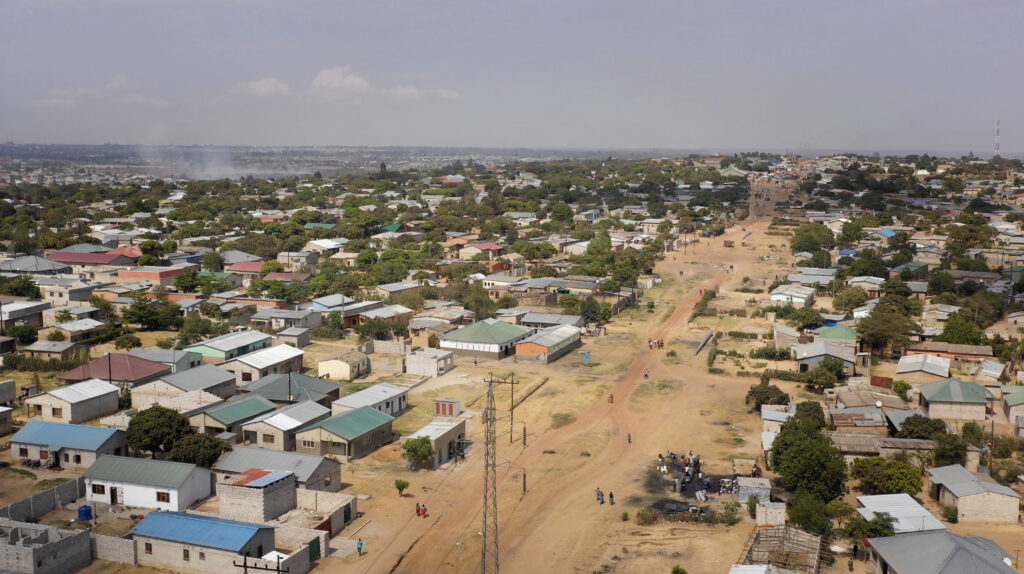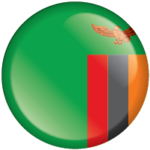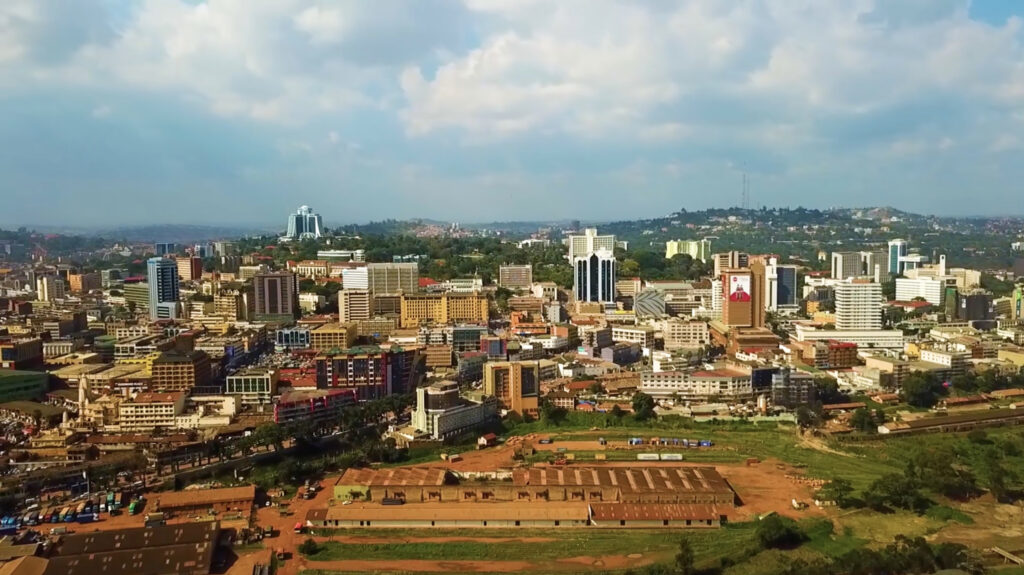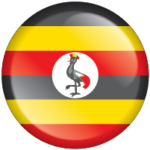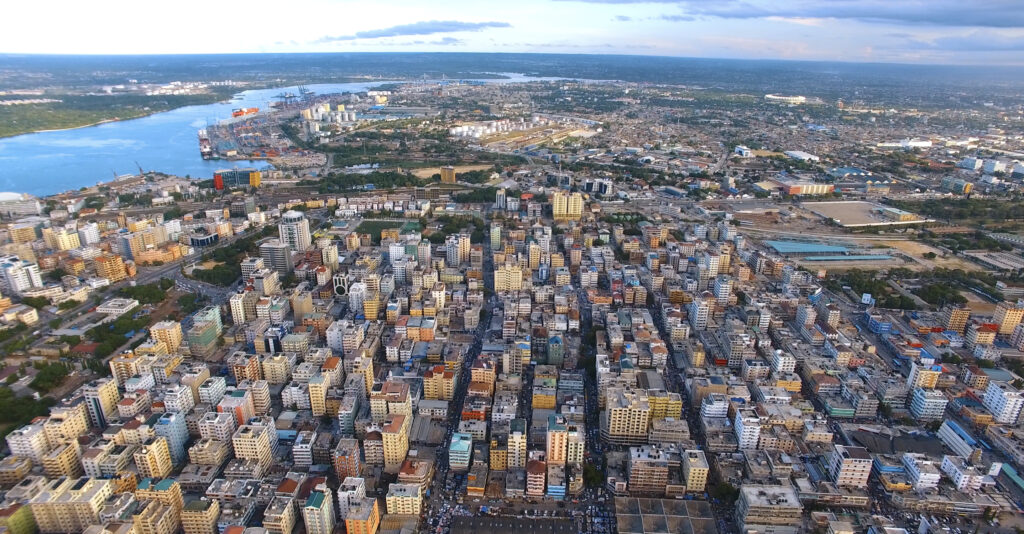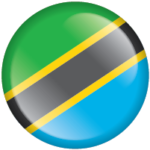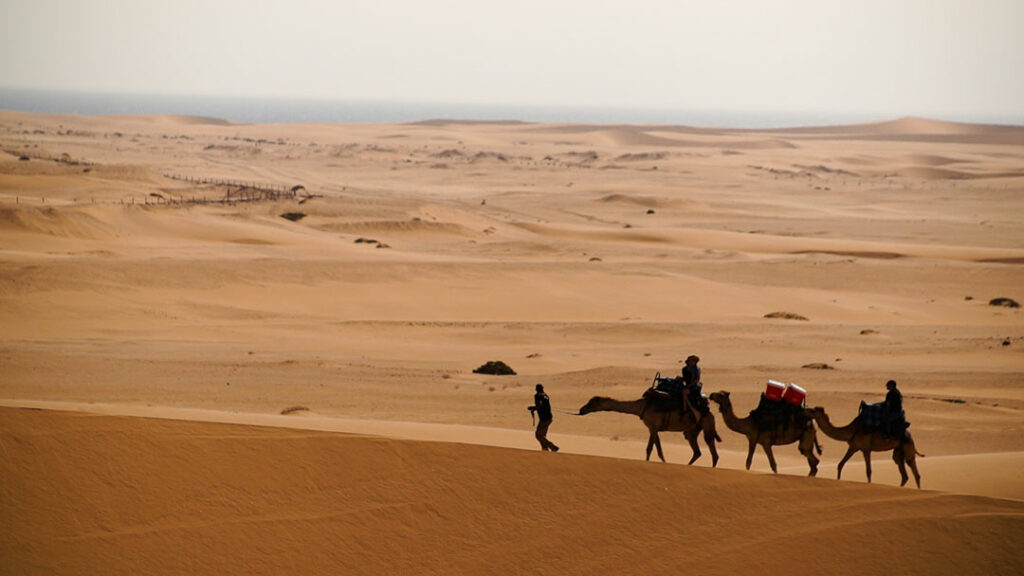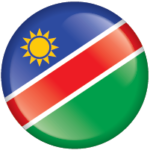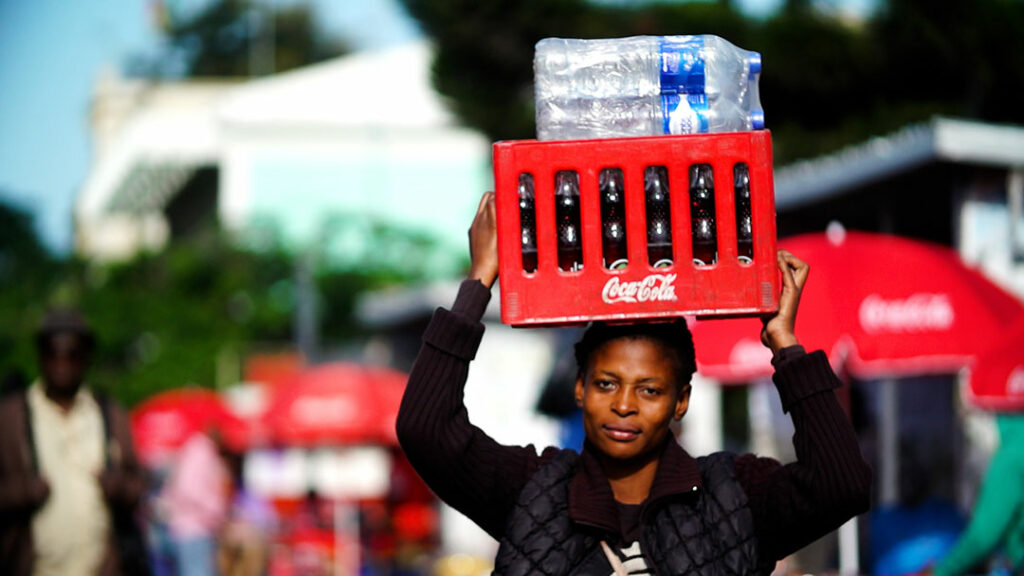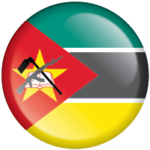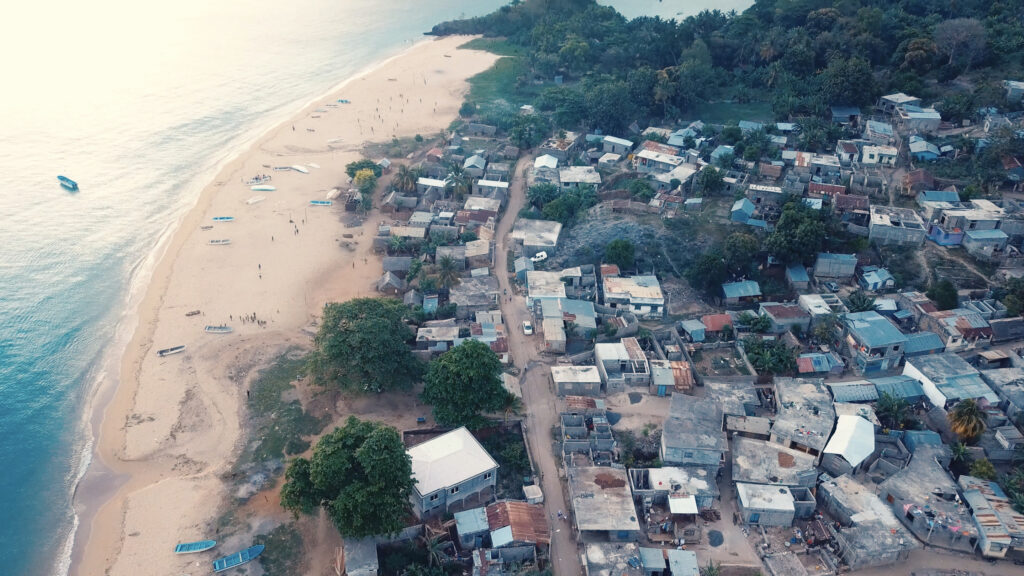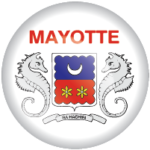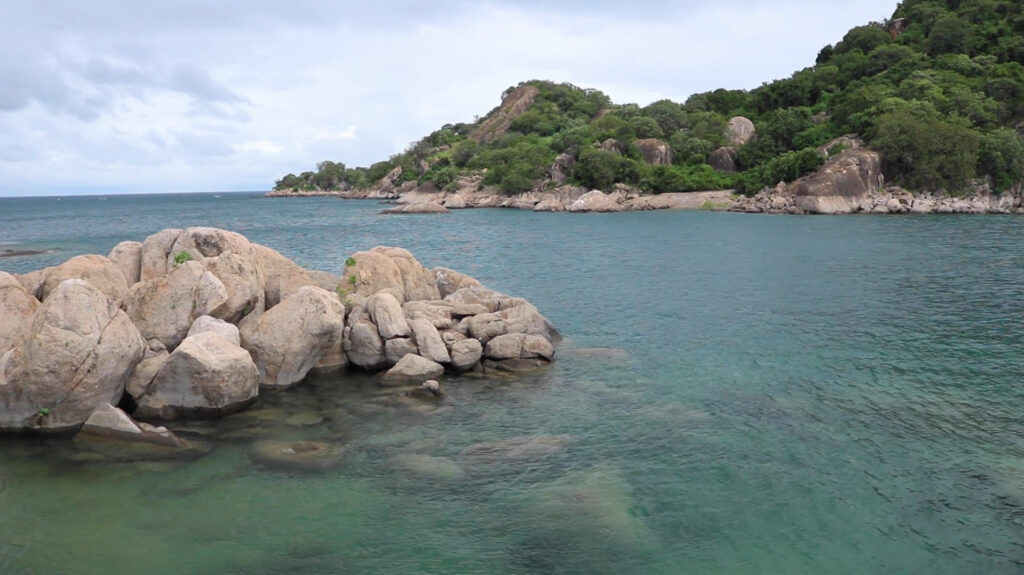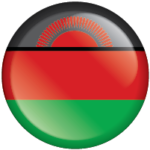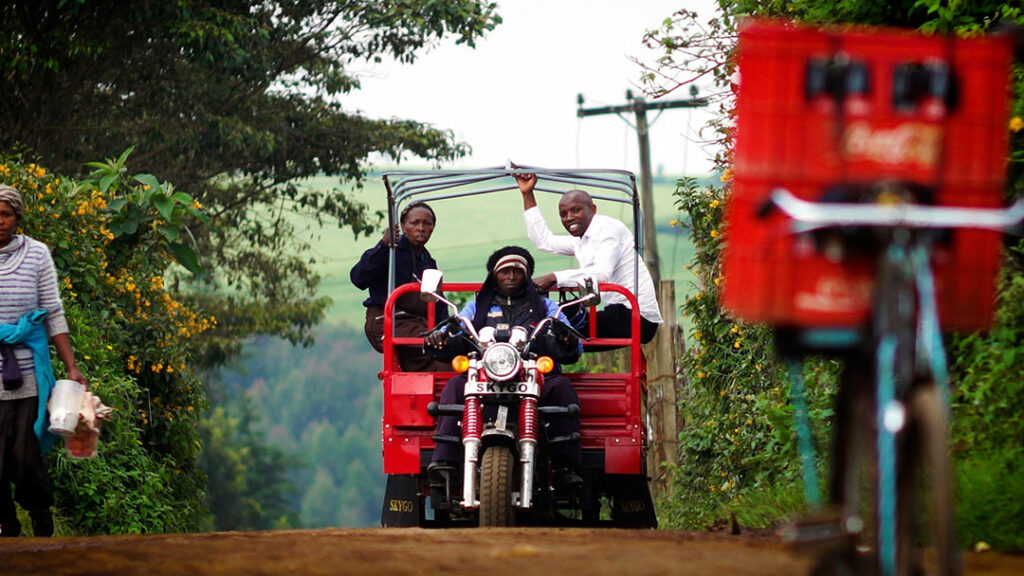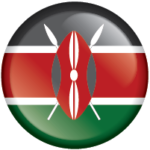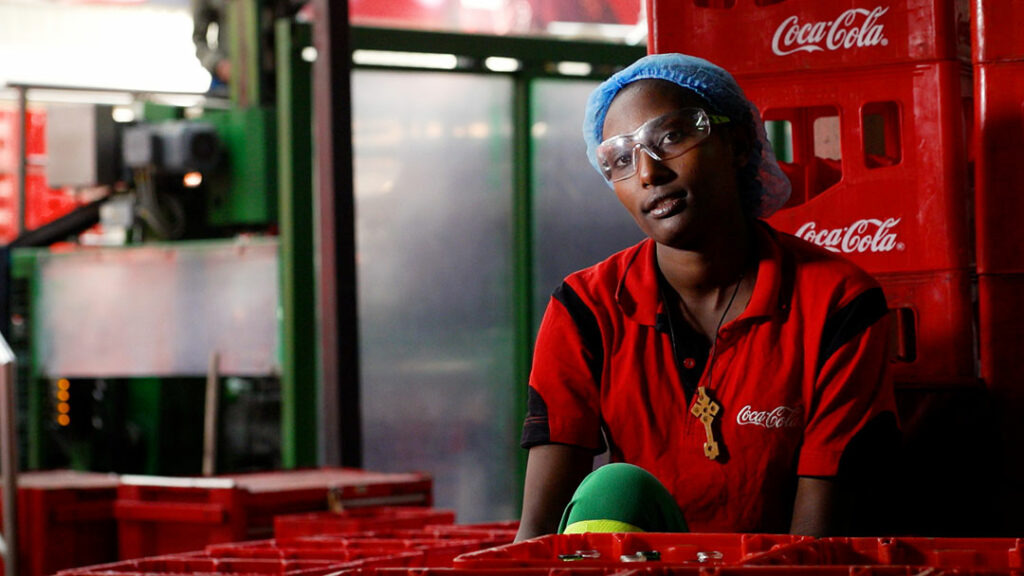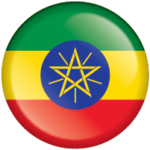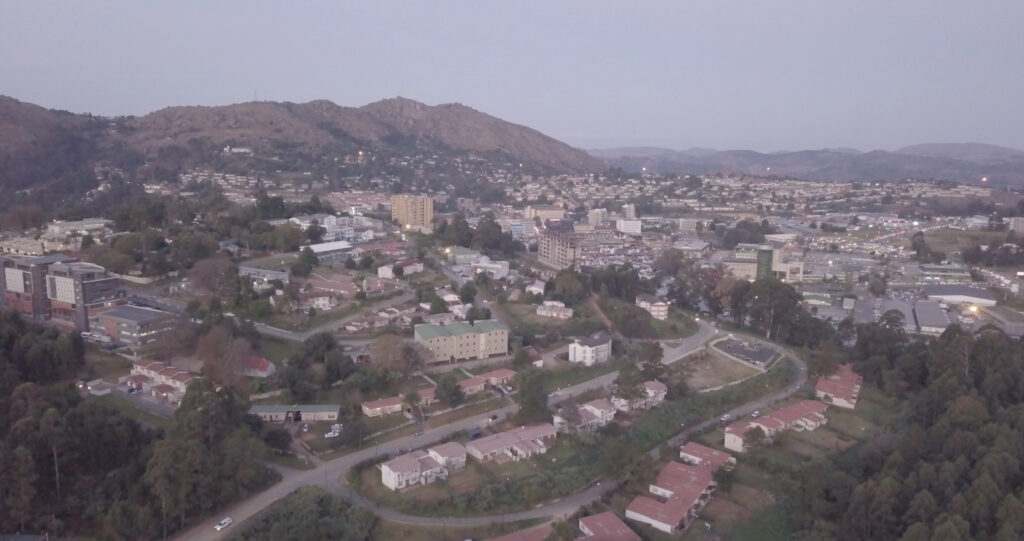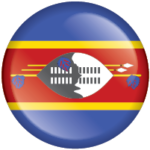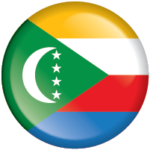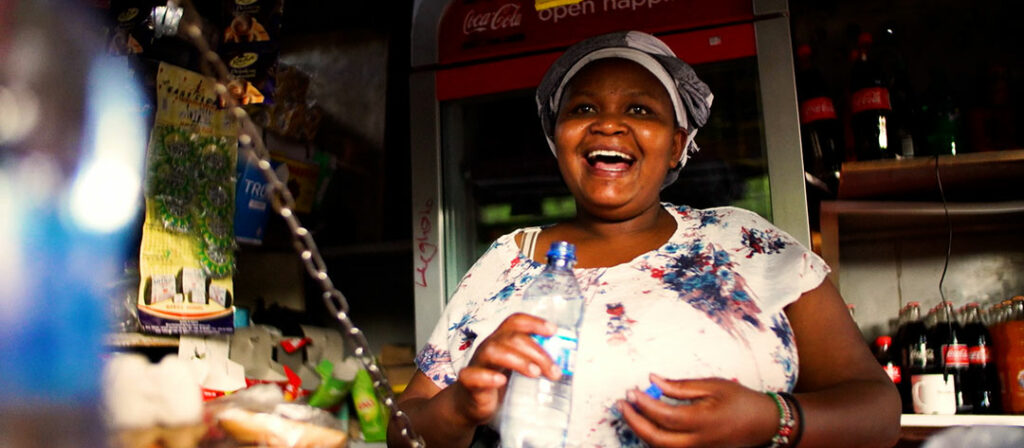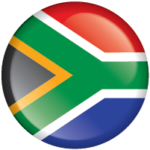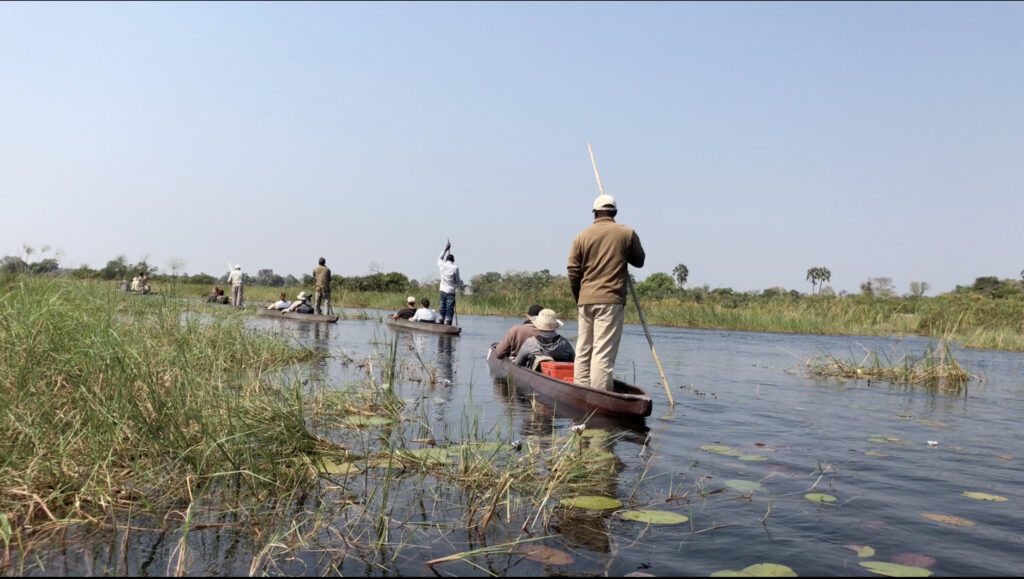The work of eradicating gender-based violence should not be left to women alone, but should be for all citizens to champion, observes Velaphi Ratshefola, MD at Coca-Cola Beverages South Africa (CCBSA)
December 2021, Johannesburg South Africa – As we commemorate 16 Days of Activism for No Violence against Women and Children, it is crucial that we do not view this as yet another calendar entry, but a truly sobering moment. We should take pause, reflecting on the far-reaching impact of this scourge on our country and our deeply embedded attitudes and how these influence our actions and perspectives on the rights of women and children, including their bodily autonomy.
Globally, we have seen the rise of the #MeToo movement, spearheaded by high-profile celebrities, exposing decades of sexual harassment and violation perpetrated by leading male figures in the entertainment industry. In our own country, across class and racial lines, we witness a daily litany of ills perpetrated against women and girls, often by close relatives and intimate partners.
The fight against this scourge, what the United Nations refers to as the silent, global pandemic, is not only a women’s fight. It is a fight that we must all take up and to which we must remain committed until we get off the list of the most unsafe country for women and children.
Much the same way that we fought and still fight against racism, we need to prioritise the fight against gender-based violence and the abuse of children. Both of these social ills, as research has consistently shown, are rooted in gender inequality, patriarchy and societal norms and traditions that perpetuate the disempowerment and subjugation of women and children. Unless these are addressed and eradicated, we will not see the end to the abuse of the most vulnerable of our fellow citizens.
Even as we seek to rebuild our country’s economy, we have to always remember that a nation where more than half the population feels unsafe, unprotected, and vulnerable can never thrive. As the Nobel Laureate, Amartya Sen has so eloquently argued, if women and children do not enjoy freedom, there can be no development; economic or otherwise.
As a company, we reflect the social context in which we operate and from which we draw our employees and leaders. But we may also consciously and unconsciously, for instance, perpetuate the very stereotypes that underlie GBV or, through our silence on these and other social ills, inadvertently preserve – rather than challenge – regressive social attitudes. We therefore cannot absolve ourselves from what is happening around us in the communities where we live and work.
Our responsibility is to actively work towards and support the eradication of all forms of violence against women and children.
The long-term scars and trauma that women and children must bear as a result of their violation ultimately place a very high cost on us as a people through, among other things, their intergenerational transmission.
South African corporates have developed platforms that we can leverage and we have a captive audience that we can and should engage with, to not only raise awareness but deal with this pressing issue.
This is not just a battle for government, police, and Non-Governmental Organisations (NGOs). We have a crucial part to play. We can contribute to initiatives that equip men with psycho-social skills to talk openly about issues that affect them. Indeed, we can create a corporate culture that fosters more caring masculinities. We can also provide women with support through the various wellness programmes in place to help them deal with the aftermath of abuse, or to empower them to recognise it before it translates into physical and sexual harm from intimate partners. We can also provide adequate support to both mothers and fathers as they navigate parenting, particularly when they transition to parenthood for the first time.
While we can certainly do more, it is important to highlight what we have already put in place. For instance, we launched our Men of Honour programme in 2019 as a platform and most importantly, a “safe space” for men to be vulnerable and talk about the complex issues that affect them in a fast-changing world. The forum is also aimed at helping men see where they might need help, offering them the necessary support when they feel overwhelmed. It has become an important space for men to talk without feeling judged.
We also encourage them to use our Phofula Wellness Programme, which is a comprehensive service for all employees and their families to get counselling.
Let us not forget that, although we have made strides as a society to create equal opportunities for all races and genders, we are still in the infancy of building a culture that truly embraces diversity in the workplace. Women’s rights in and outside of the workplace, for instance, only started gaining traction in the modern world in the early 20th century, and some countries much later, with pockets of oppression remaining to this day.
This means that even in the most progressive countries, there exists remnants of socio-economic inequality. For many, both men and women, the very necessary normative changes can be difficult to grasp, psychologically and emotionally, let alone practice.
What we need is to take everyone on the journey with us and always articulate that, the growth, development and empowerment of women does not take anything away from the boy child.
If anything, the advancement of women’s agenda will propel our nation to a more successful future where more perspectives, voices and energies can be harnessed to generate innovative solutions needed for our country and the world’s advancement.
We are a country that continues to deal with tremendous levels of trauma from our past; and this includes the forced militarization of boys on all sides of the political divide. We have worked hard to be where we are. But our work is far from over and we cannot afford to add further challenges that will inhibit and retard our progress. Some challenges can and should be avoided. Gender-based violence and the abuse of children is one of them. If we don’t confront and eradicate it, history will judge us harshly.
END
About CCBSA
Coca-Cola Beverages South Africa (CCBSA) is a proudly South African company which began operating as a legal entity in July 2016, after the merger of six non-alcoholic ready to drink bottling operations. We are level 1 B-BBEE empowered company. We employ over 7000 people at 13 manufacturing facilities across the country. As a subsidiary of Coca-Cola Beverages Africa (CCBA) and a bottler for The Coca-Cola Company, our vision is to refresh Africa every day and make our continent a better place for all. We manufacture and distribute Coca-Cola beverages that make life’s everyday moments more enjoyable, while doing business the right way. The result is shared opportunity for our customers, our employees, our communities, and our shareholders. We conduct our business ethically, transparently, and conscientiously. We espouse an inclusive business culture to reflect our African identity. We accelerate sustainable, profitable revenue growth across all categories and offer an innovative portfolio of products that respond to customer needs and consumer preferences. Profitability is important, but not at any cost. People matter. Our planet matters. We do business the right way by following our values and partnering for solutions that benefit us all.
